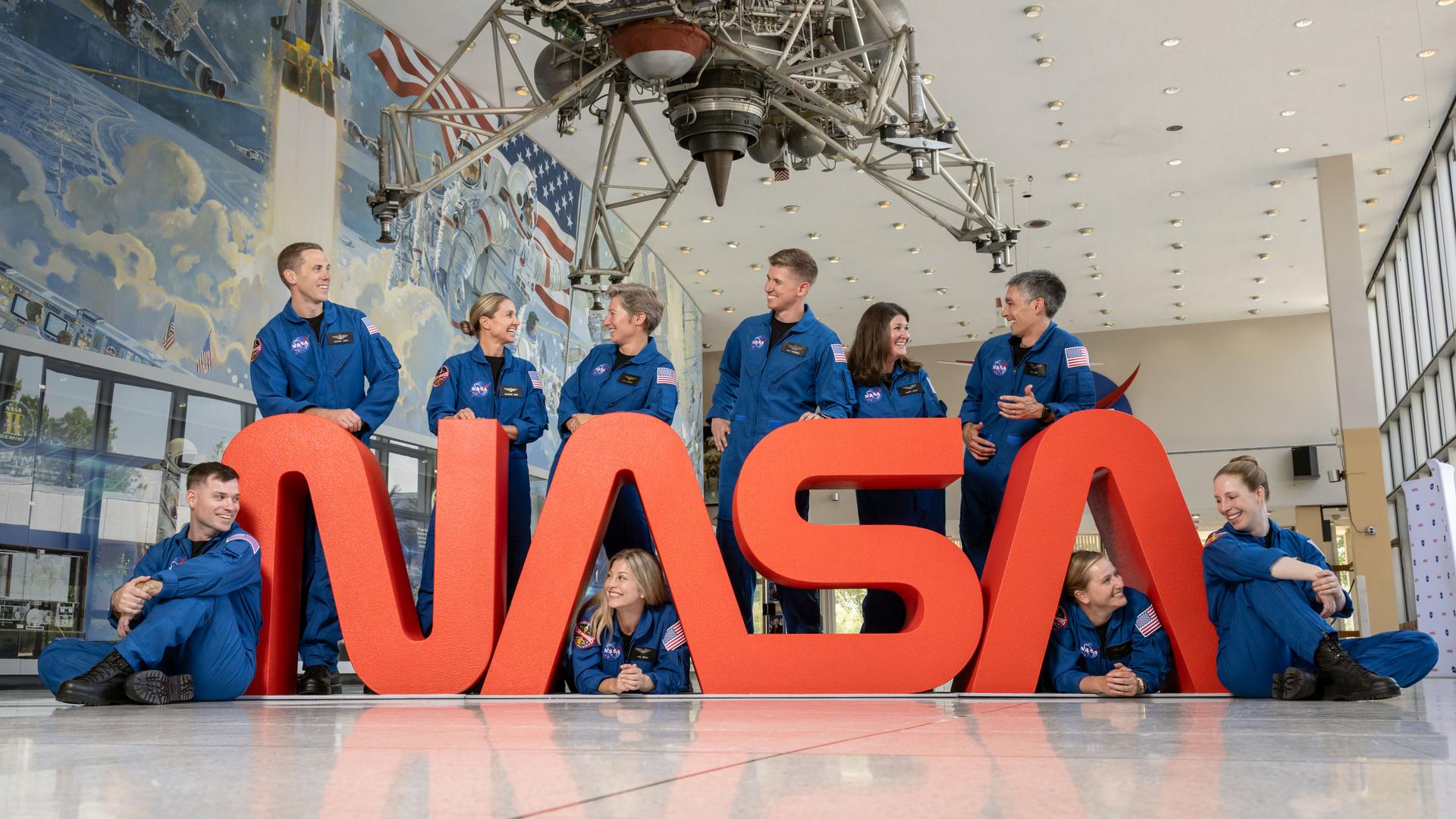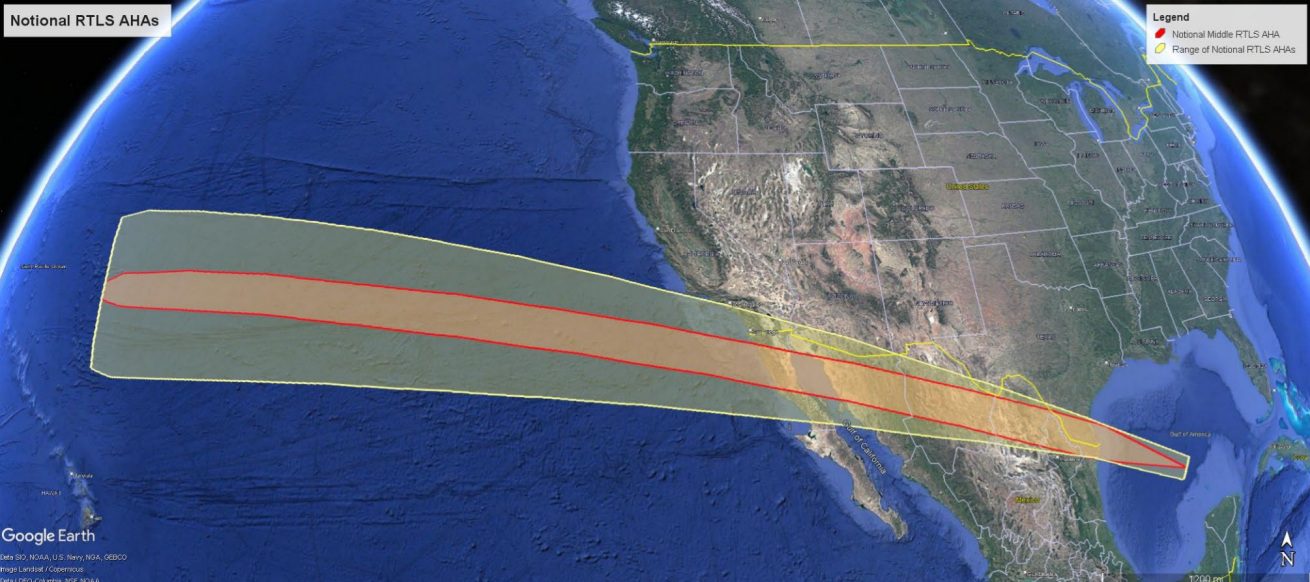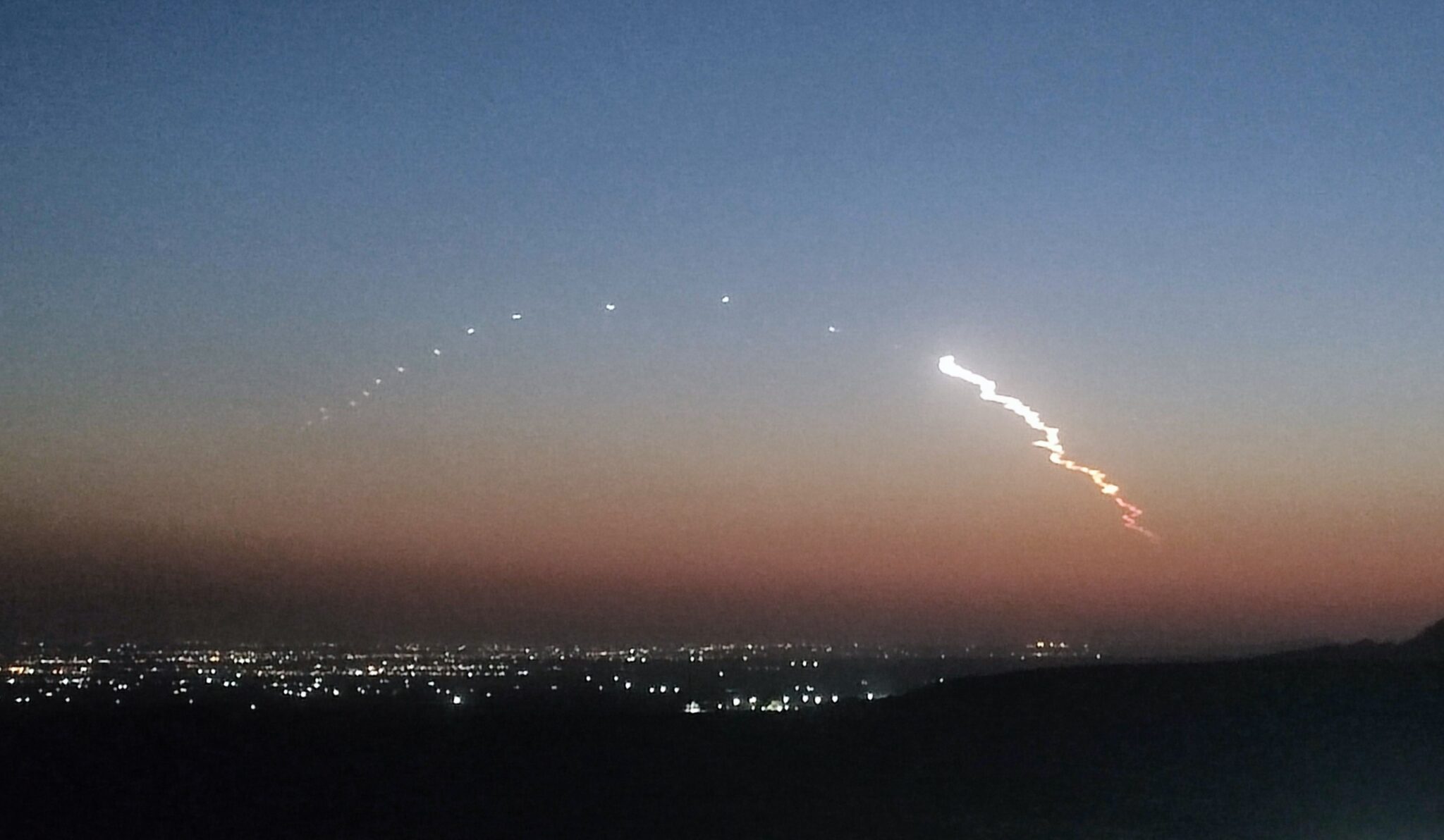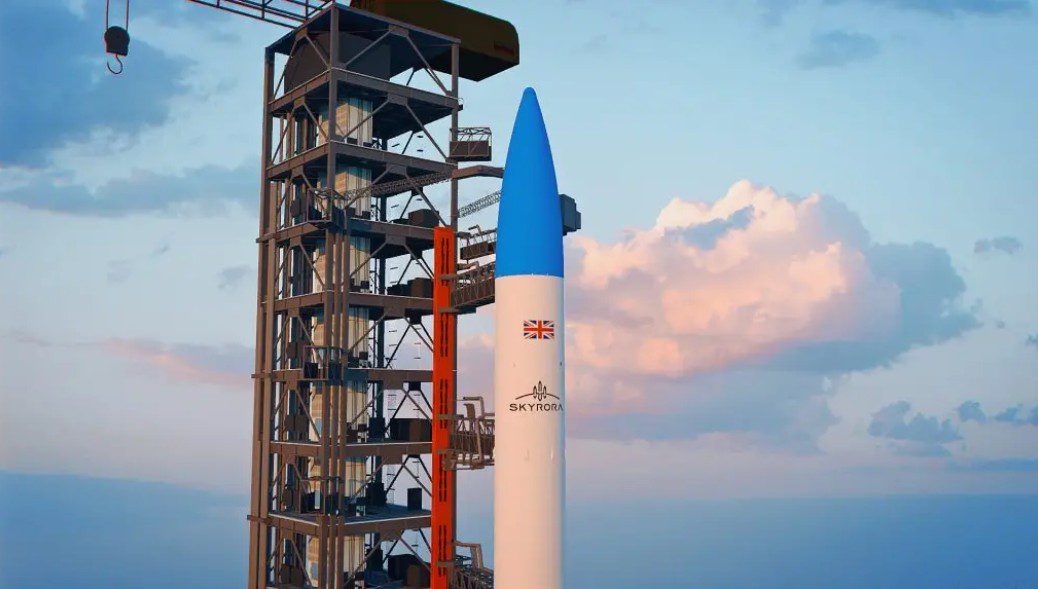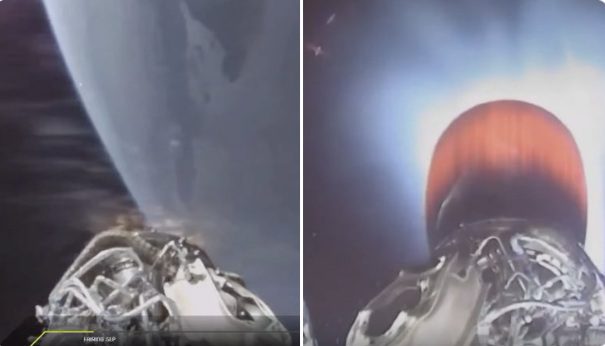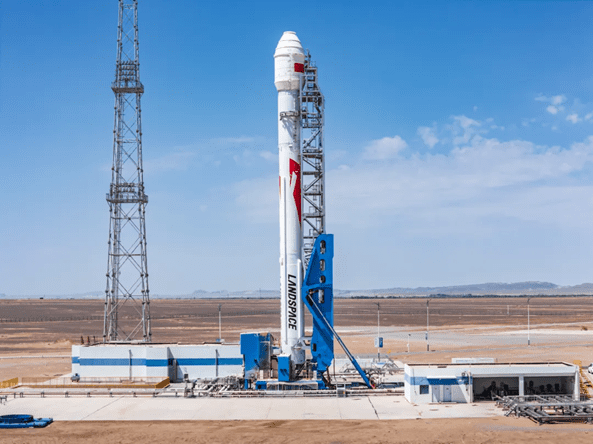A new Russian-built satellite Angosat-1 initially failed to work after its launch. Angosat-1 is a communications satellite built for Angola by the Russian firm, RSC Energia, employing a new version of its Yamal bus – the USB (Victoria).
All went well with the Zenit 3F launch from the Baikonur launch base, near Tyuratam in Kazakhstan, which occurred at 1900 GMT on 26 December 2017. The two-stage, Ukranian-built Zenit 3F used a multi-firing Russian-made Fregat SB upper stage to carry the 1647 kg spacecraft virtually all the way to its 13 degree east location in Geostationary Earth Orbit (GEO). However, after separation from this stage, things started to go wrong. While contact was made with the spacecraft after the separation, subsequently all contact was lost with the spacecraft – before the solar arrays had fully deployed. However, minds were put at rest when contact was re-established on 28 December and the Russian authorities have declared that all subsystems, including the solar arrays, are now working normally.
The Angosat-1 spacecraft was insured for US$121 million which is less than half of the full value of the satellite. Brokers were said to have had trouble placing the full value of the insurance as underwriters are now wary of Russian launch and satellite unreliability, which has caused the greatest amount of claims over the past decade.
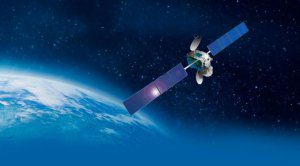
Artist’s impression of what Angosat-1 should have looked like with its solar arrays deployed. Courtesy: Roscosmos


